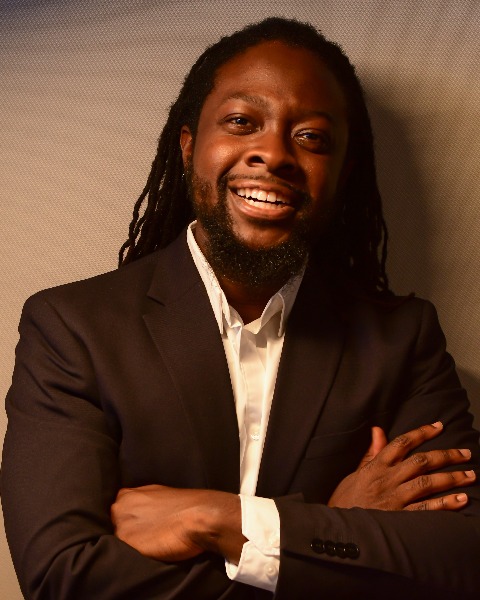Paper Presentation
Clinical Practice
Session: Unique journeys: Racial and disability justice in clinical social work
Interdependence and Intersectionality: Exploring the Professional Journeys of Black Male Clinical Social Workers

D'Wayne James, LCSW-C (he/him/his)
Doctoral Student
Howard University
Presenter(s)
This session explores the occupational experiences of Black male clinical social workers (BMCSWs) from a qualitative lens, examining how they navigate systemic barriers and employ culturally responsive engagement strategies. Using intersectionality and occupational segregation theory, we highlight their role in improving service delivery for Black men with invisible disabilities.
Learning Objectives:
At the end of this session, attendees should be able to:
- Upon completion, the participant will be able to analyze the occupational challenges faced by Black male clinical social workers (BMCSWs), including workplace isolation, tokenization, and role assignment bias.
- Upon completion, the participant will be able to identify culturally responsive engagement strategies that BMCSWs use to support Black men with invisible disabilities such as depression, anxiety, and PTSD.
- Upon completion, the participant will be able to evaluate the implications of intersectionality, occupational segregation, and social learning theories in shaping BMCSWs’ professional experiences and service delivery approaches.
